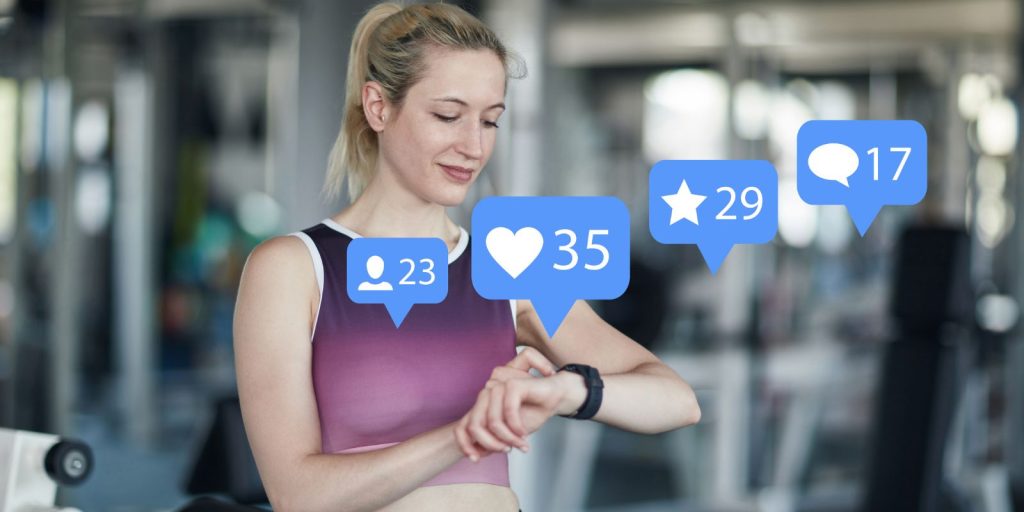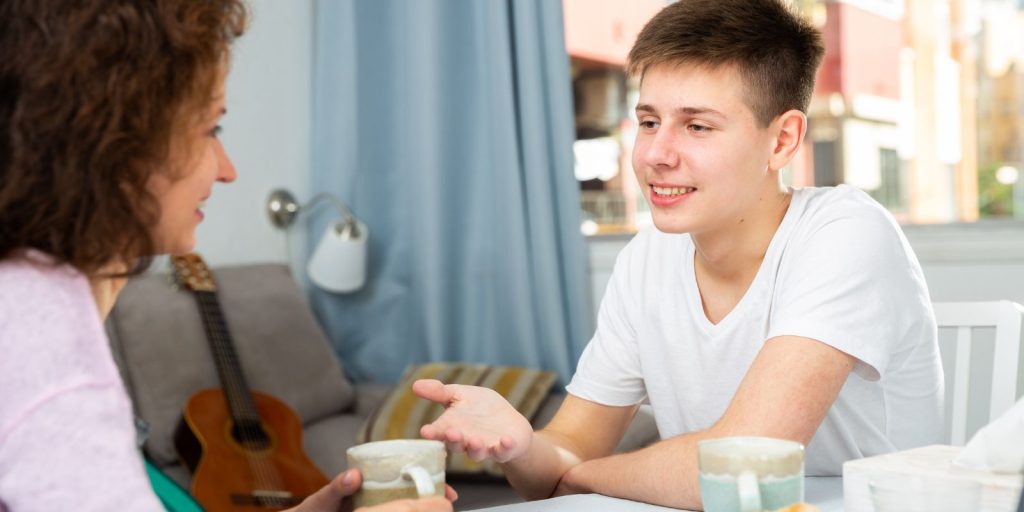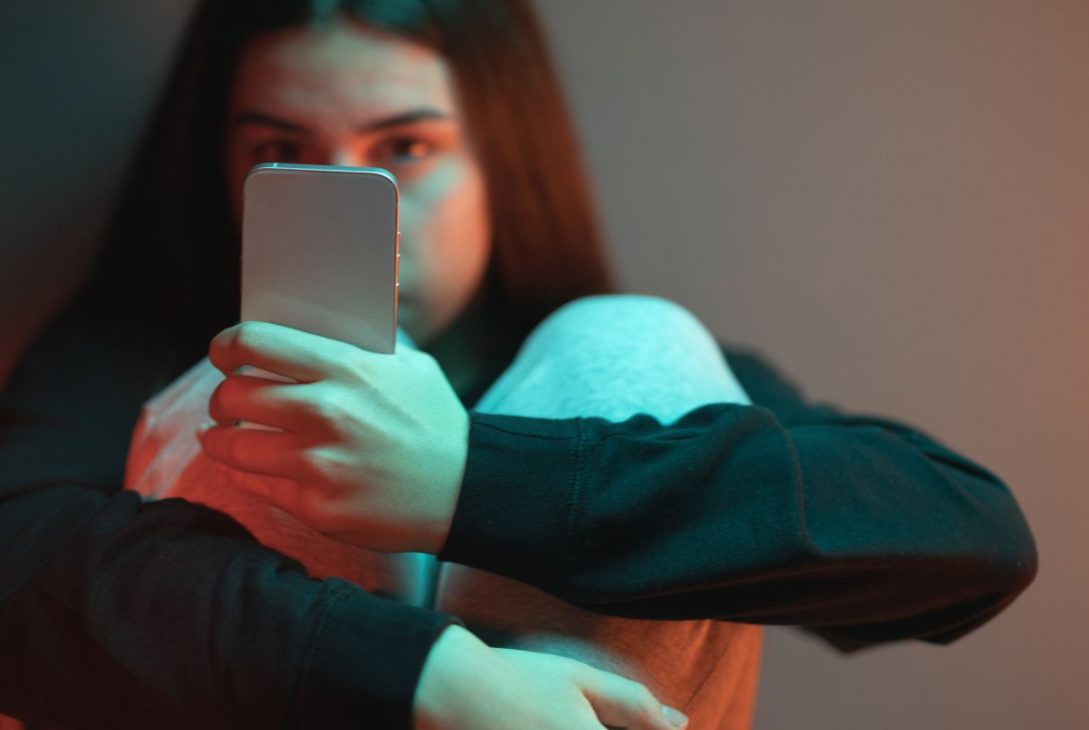Building Bad Habits
Our daily habits, both good and bad, have a profound impact on our mental well-being. Unfortunately, the negative effects of bad habits often creep in subtly, eroding our mental health before we even realize it.
For instance, excessive social media scrolling bombards us with unrealistic portrayals, potentially leading to feelings of inadequacy. Nevertheless, we continue to scroll!

Photo credit: miodrag ignjatovic via Getty Images Signature
Similarly, a diet consisting of processed foods contributes to mood swings and fatigue, impacting our overall sense of well-being. In all, we must be mindful of our habits.
Everything we consume, both physically and mentally, impacts our emotions. By consciously choosing healthy habits and eliminating detrimental ones, we will be more resilient.
First, Turn Your Phone Off…
Our constant connection to electronics and social media can feel almost irresistible.
Firstly, the dopamine rush triggered by likes, comments, and notifications cultivates a powerful loop of seeking validation and instant gratification. This makes it difficult to step away, even when we know we should.
Secondly, social media platforms are designed to be addictive. Algorithms curate content specifically to keep us engaged, exploiting our natural desire for connection and social comparison. A 2018 Pew Research Center survey found that 63% of social media users admit to checking their platforms several times a day.

Photo credit: Robert Kneschke via Canva
So, disconnecting from electronics and social media really is incredibly beneficial for our mental health. It allows us to be more present in the real world, reducing feelings of anxiety and isolation. Additionally, doing so creates a sense of calm and focus, allowing our brains to recharge from the constant stimulation of digital content.
But, how can we break free? Ironically, built-in phone features like app timers or “Do Not Disturb” mode help to limit social media use.
Personally, to avoid “FOMO,” I designate electronics-free zones in my house. I only allow myself to use my phone in my bedroom, so I can checking up on social media. Remember, a little distance can go a long way in boosting your mental well-being.
Then, Talk To Someone…
Scrolling through social media or watching funny cat videos might seem like a harmless way to unwind. But for genuine stress relief, ditch your phone and pick up the phone (to call someone) instead. Connecting with loved ones offers a far more potent antidote to anxiety than resorting to online content.
Individuals who have strong social connections experienced lower levels of the stress hormone cortisol. In contrast, a University of Pittsburgh study linked excessive social media use with increased feelings of loneliness and depression.

Photo credit: JackF via Getty Images
By talking to a trusted family member or friend, you have freedom to express your worries and frustrations in a safe space. They can offer a listening ear, validate your feelings, and perhaps even share similar experiences, a sense of shared understanding.
Furthermore, meaningful conversations require active listening, which takes you away from the constant stimulation being glued to Tik Tok. Consequently, this allows you to be truly present in the moment. So, next time you’re feeling overwhelmed, swap the screen time for some quality time with a loved one. Your mental well-being will thank you later.
And, Make New Friends!
Feeling anxious and overwhelmed? The antidote might be closer than you think. Research published in the journal Neuroscience & Biobehavioral Reviews shows that building social connections reduces anxiety. Social interaction triggers the release of oxytocin, a hormone known to promote feelings of calm and trust. Also, a study by Brigham Young University found being social can buffer the negative effects of stress, a major contributor to anxiety.

Photo credit: damircudic via Getty Images Signature
Having strong social connections extend beyond anxiety relief as well. A study published in PLOS Medicine tracked individuals over several decades and found that those with strong social networks lived demonstrably longer. The researchers believe that social connections provide a sense of belonging and purpose, which can positively impact both mental and physical health. Feeling isolated, on the other hand, may lead to increased inflammation and a weakened immune system.
So, the next time you’re feeling anxious, reach out to a friend, join a club, or volunteer in your community. Connecting with others can not only reduce anxiety but also contribute to a longer and healthier life.
Questions, Comments, Concerns?
I hope that this helped!
I know that phone time is an integral part of everyone’s day, but does it really hurt to just turn it off?
Let me know if you need assistance or if you have any questions in general down below.
Thanks!















